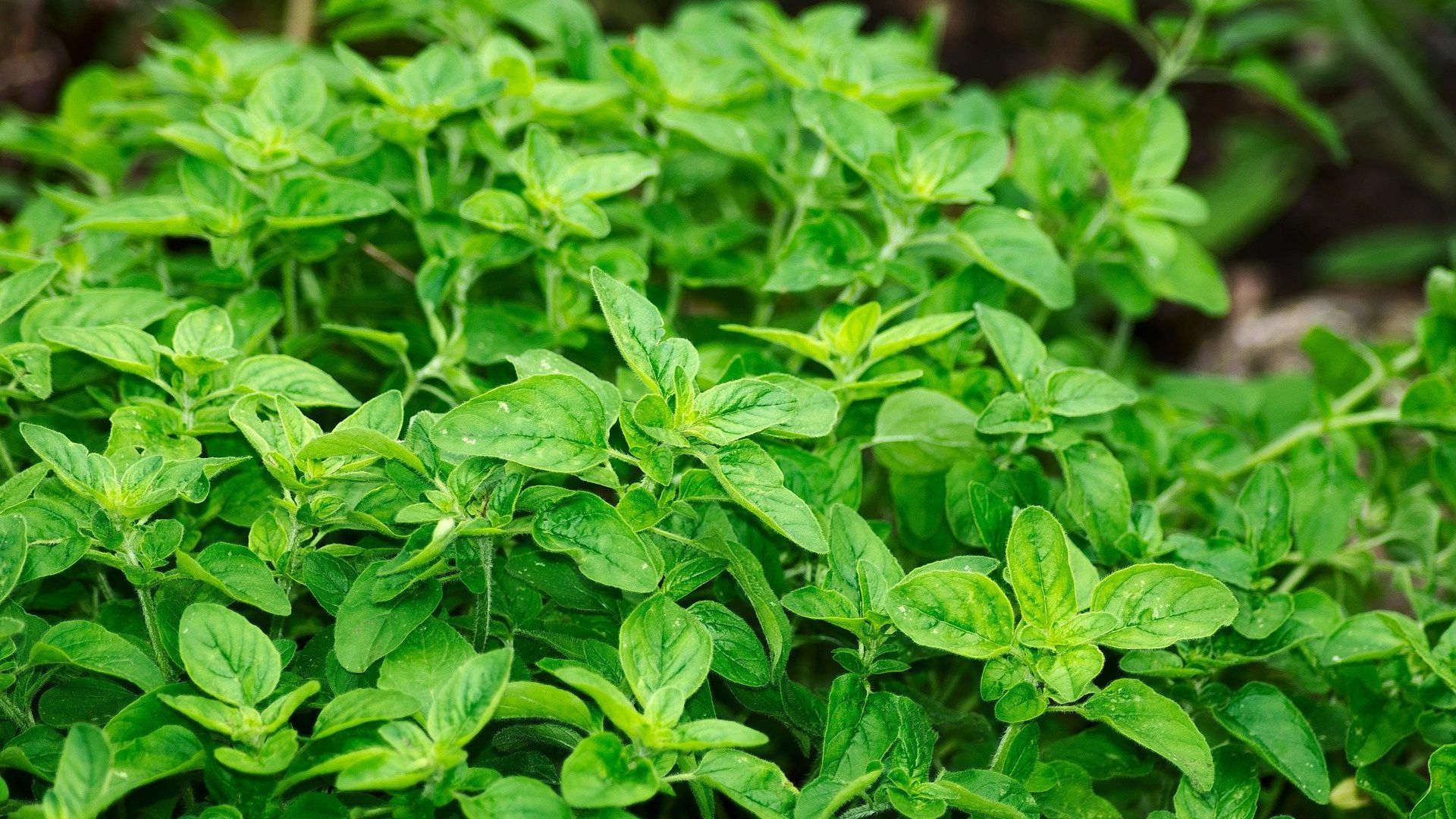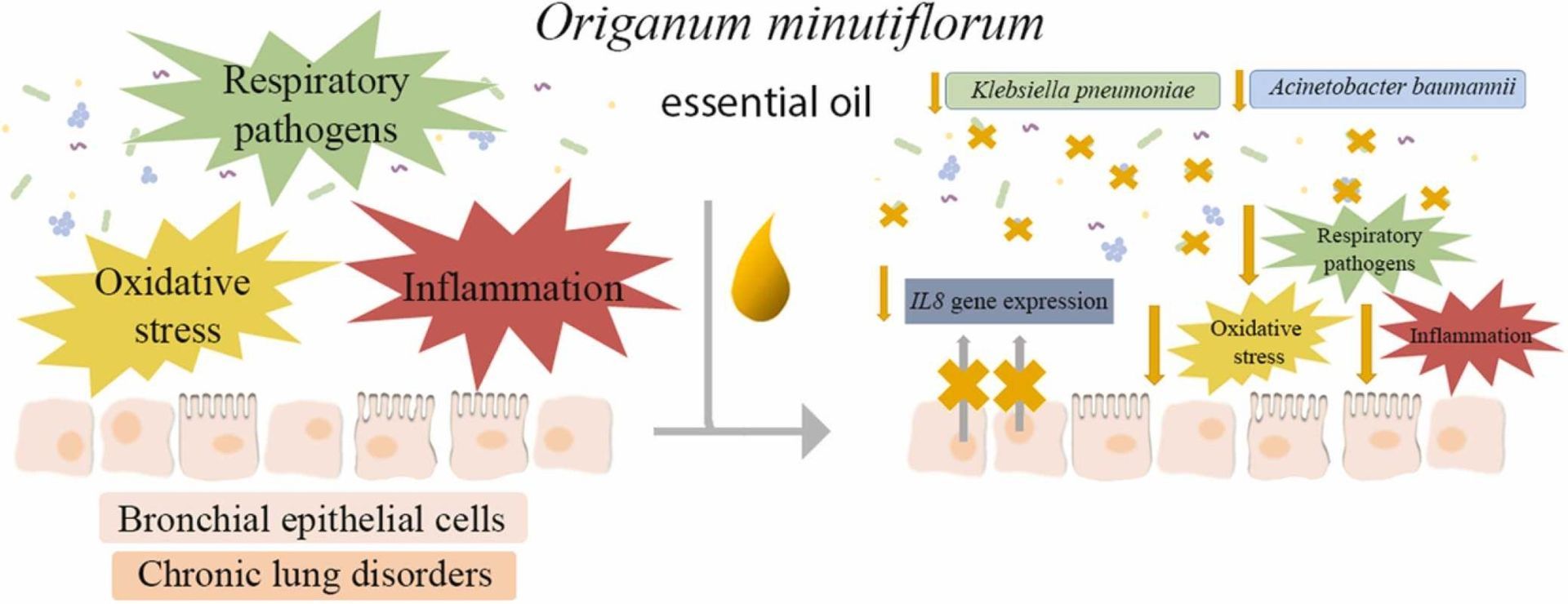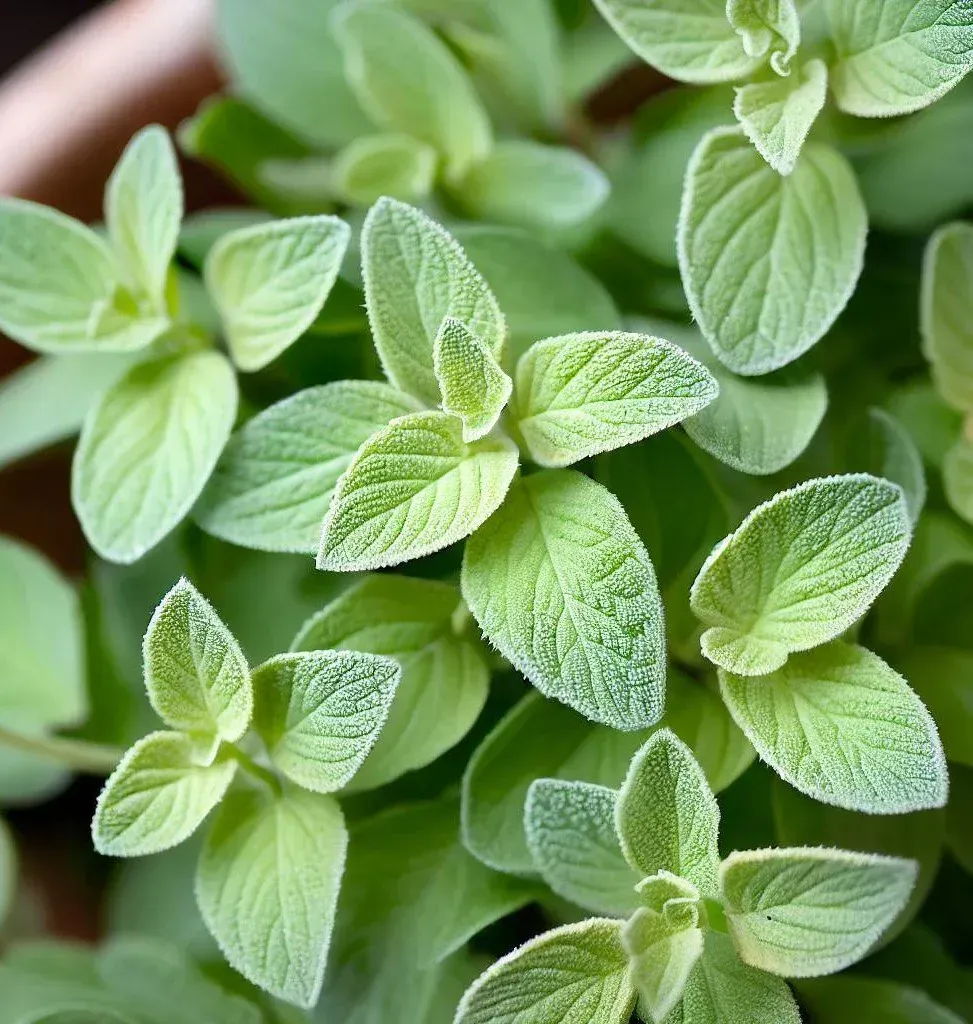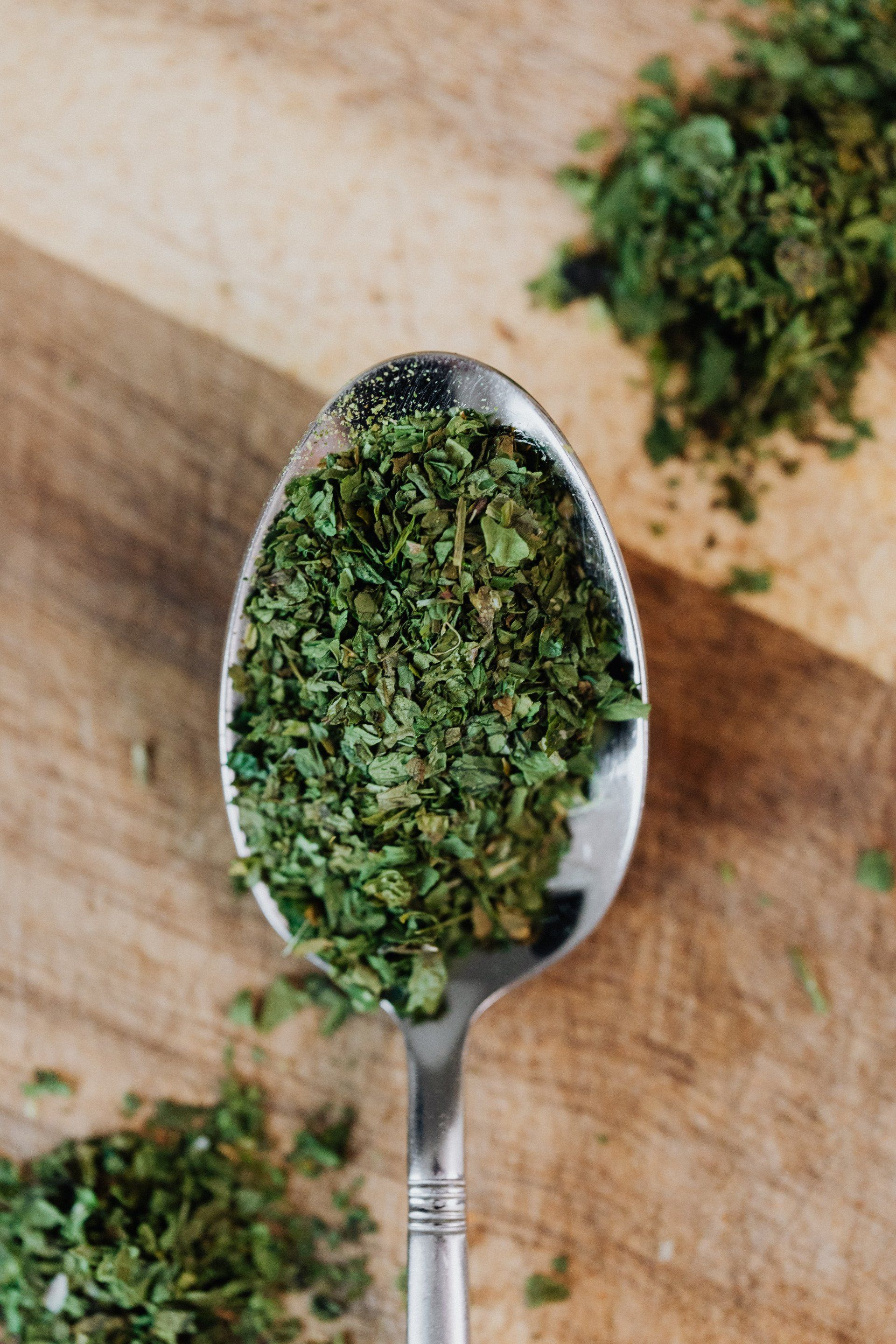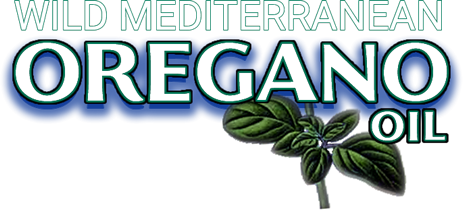

Studies & Research Papers on Oregano Oil with 70-80% Carvacrol
Potent Wild Mediterranean Oregano Oil for a Natural Health Boost!
How Does Oregano Oil Stack Up Against Other Essential Oils?
Oregano oil is well-known for its remarkable ability to inhibit a broad spectrum of microorganisms, including various fungi and parasites. But it doesn’t stand alone in this microbial showdown. In fact, many essential oils—like tea tree, thyme, clove, and even cinnamon—also boast significant antimicrobial activity. Household staples such as vinegar and alcohol, and of course, heavy hitters like bleach, round out the usual suspects in the world of germ-fighting substances.
Oregano oil’s potency is often attributed to its key compounds, particularly carvacrol and thymol, which actively disrupt bacterial membranes. While oregano oil is highly effective, it’s important to recognize that the antimicrobial prowess of essential oils varies, and results often depend on the type of microbe, concentration of oil, and method of application.
In short, oregano oil holds its own among antimicrobial agents but is not unique in this category.
Historical Use of Oregano Oil in Traditional Medicine
Oregano, a familiar staple growing wild across Mediterranean hillsides, has a long legacy in traditional healing. Its essential oil was highly valued by the ancient Greeks, who applied it to everything from infected cuts to snake and spider bites, thanks to its purported soothing and protective qualities. As centuries rolled by and herbal medicine evolved, oregano found new life—by medieval times in Europe, it was most commonly relied upon to ease respiratory ailments. By the 1800s, practitioners in the Eclectic School—a movement in the United States known for championing botanical remedies—turned to oregano oil for a different purpose: supporting women’s reproductive health and aiding menstrual flow.
Traditional and Emerging Uses of Oregano Oil
In addition to its well-documented antimicrobial and antioxidant benefits, oregano oil has traditionally found its way into a variety of wellness routines. For digestive health, oregano oil is often used to help ease common gastrointestinal troubles like bloating, gas, and general discomfort after meals. Some herbal practitioners advocate for its inclusion in dietary protocols to support smoother digestion.
For those interested in weight management, oregano oil is being explored as a potential adjunct, thanks to properties that may support metabolism and curb appetite when paired with lifestyle modifications.
When it comes to pain relief, topical application of diluted oregano oil has been used in folk remedies aiming to soothe minor aches or aid the natural healing of small wounds. Its reputation for helping reduce inflammation underpins these practices, although formal clinical guidance is still evolving in these areas.
From the laboratory bench to traditional medicine cabinets, the versatility of oregano oil continues to draw scientific and popular interest alike.
Typical Therapeutic Dosage of Oregano Oil
Oregano oil is often taken in doses of around 100 mg, up to three times per day. Many formulations are standardized to contain about 55–65% carvacrol, the main bioactive component. As always, consult a healthcare professional before starting any supplement routine, particularly if you’re using oregano oil for its potential health-promoting properties highlighted in the studies above.
Recent Clinical Insights: Oregano Oil for Sinus and Oral Health
Emerging research continues to shine new light on the health potential of oregano oil, especially in clinical settings. Notably, a 2023 clinical investigation reported that daily supplementation with oregano oil led to measurable improvements in chronic rhinosinusitis symptoms, with participants experiencing both relief from congestion and an enhanced overall quality of life.
Oregano oil’s impact isn't confined to the sinuses. In a 2019 study, researchers evaluated its incorporation into mouthwash formulations. The results? Regular use helped reduce the buildup of dental plaque and alleviated symptoms of gingivitis, positioning oregano oil as a promising natural agent for supporting oral hygiene alongside conventional dental care.
These recent findings add to the growing body of scientific literature focused on oregano oil’s potential for a broad range of applications, and underscore the need for further well-designed human trials to better understand its full therapeutic value.
Scientific Evidence on Oregano Oil for Yeast Hypersensitivity and Candida
While oregano oil is known for its antimicrobial and antifungal properties—thanks largely to compounds like carvacrol and thymol—available research is primarily limited to laboratory studies rather than large-scale clinical trials involving humans. In test tubes, oregano oil has demonstrated the ability to inhibit the growth of various fungi, including some strains of Candida. However, translating these in vitro effects to proven benefits in the human body is a complex leap that requires robust clinical evidence.
Currently, there are no well-established double-blind, placebo-controlled studies confirming the effectiveness of oregano oil for yeast hypersensitivity or systemic candida in humans. Moreover, conditions such as "yeast hypersensitivity syndrome" are not widely recognized in mainstream medical literature. As a result, while oregano oil’s antifungal actions are demonstrated in experimental settings, its use for these specific conditions isn’t supported by conclusive scientific evidence at this time.
Yeast Hypersensitivity Syndrome and Oregano Oil
Yeast hypersensitivity syndrome, sometimes referred to as systemic candidiasis or simply "candida," is a concept that gained attention in the 1990s, especially within alternative medicine communities. The basic idea behind this syndrome is that an overgrowth of the yeast Candida albicans in the body can lead to a broad range of symptoms. These symptoms may include persistent fatigue, headaches, and other nonspecific complaints that can be difficult to clearly diagnose.
The theory suggests that when the body's balance is disrupted—perhaps due to antibiotics, diet, or other lifestyle factors—Candida albicans can proliferate beyond normal levels, potentially triggering immune reactions or hypersensitivity responses.
As researchers and practitioners began focusing on natural approaches to manage this imbalance, oregano oil emerged as one of the most frequently discussed options. Oregano oil contains compounds such as carvacrol and thymol, which have well-documented antimicrobial and antifungal properties. The proposed benefit is that these natural constituents can help inhibit the growth of Candida albicans, thereby reducing symptoms associated with yeast hypersensitivity.
While scientific support for yeast hypersensitivity syndrome itself remains a topic of debate, oregano oil continues to be explored for its ability to manage fungal overgrowth and balance microbial populations in the body.

